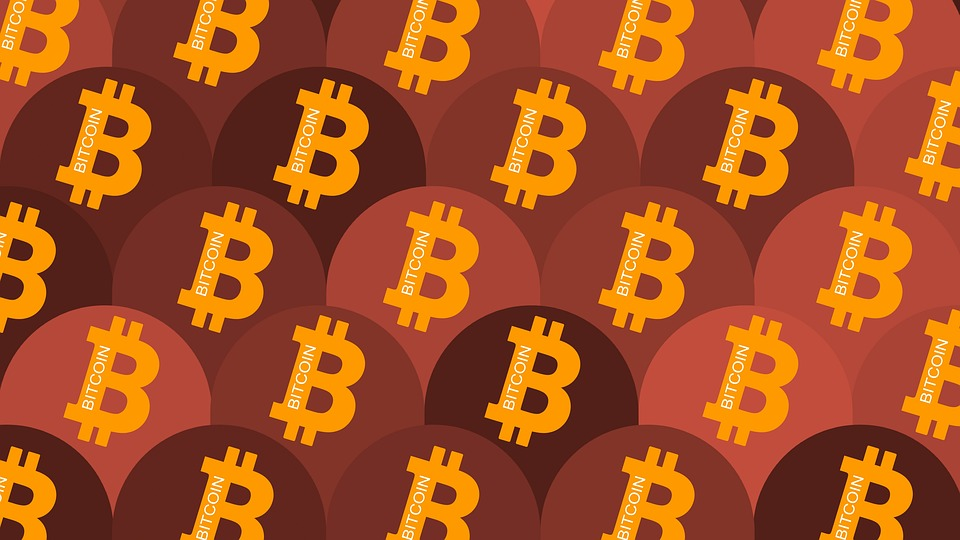El Salvador's Bitcoin Gamble: President Bukele Celebrates Profit

El Salvador's president is rejoicing as the Bitcoin reserve, purchased with public funds, has turned profitable amid the ongoing surge in Bitcoin prices.
Since 2021, Nayib Bukele has invested over $120 million from his nation's finances to buy Bitcoin, despite skepticism from critics. He recently urged his detractors on X (formerly Twitter) to issue retractions and apologies in light of the positive results.
While Mr. Bukele, a strong proponent of Bitcoin adoption, has stepped down as president to campaign for a controversial second term, his recent success with the Bitcoin investment is fueling his popularity.
According to a Bitcoin portfolio tracking website, the 2,764 coins he purchased are now valued higher than the initial investment. If sold at the current market price of $44,000 per coin, he could potentially make around $3.7 million. However, economists caution against premature celebration, emphasizing the high-risk nature of Bukele's gamble.
The estimation of profits is based solely on Mr. Bukele's posts on X, and the creators of the tracking website remain unidentified and unavailable for comment.
Despite a previous mistake in the calculation, Mr. Bukele shared a graph from the website, proudly declaring the success of El Salvador's Bitcoin investments. He called for retractions from critics who had previously ridiculed the supposed losses.
Bitcoin enthusiasts are praising Mr. Bukele's foresight, attributing the recent price surge to potential changes in cryptocurrency regulations in the United States.
However, some economists argue that the $120 million spent on Bitcoin is only a fraction of the total public funds used to promote Bitcoin in El Salvador. Expenses include the development of the Chivo Wallet application, non-functional ATMs, a $30 bonus for citizens over 18, propaganda, and international events.
Oscar Picardo, director of the Institute of Sciences at the Francisco Gavidia University in San Salvador, notes that when all expenses are considered, the overall result is in the red.
Critics point out that the government has allocated about $200 million to encourage citizens to embrace Bitcoin, with questionable success. Despite heavy investment most Salvadorans were not using the digital currency as much as Bukele and other enthusiasts had hoped.
Lourdes Molina, senior economist at the Central American Institute of Fiscal Studies (ICEFI), highlights the diminishing adoption of Bitcoin in recent months, suggesting that public resources could have been better used to address the country's pressing issues, such as poverty and food insecurity.
Critics also express concern about the lack of transparency in tracking Bitcoin spending and the status of Bukele's $100 million reserves. Some Bitcoin enthusiasts, including crypto investor Pledditor, criticize the government's failure to disclose Bitcoin accounting formally.
Dr. Saifedean Ammous, the author of "The Bitcoin Standard" and reportedly appointed as an economic adviser to the Bukele government, celebrates the rising value of the Bitcoin reserve. He emphasizes the significance of Bitcoin as a reserve asset offering economic independence, despite short-term concerns about consumer payments.
While acknowledging the volatility of Bitcoin prices, Mr. Bukele has no plans to sell the reserve, remaining steadfast in his commitment to the cryptocurrency.


